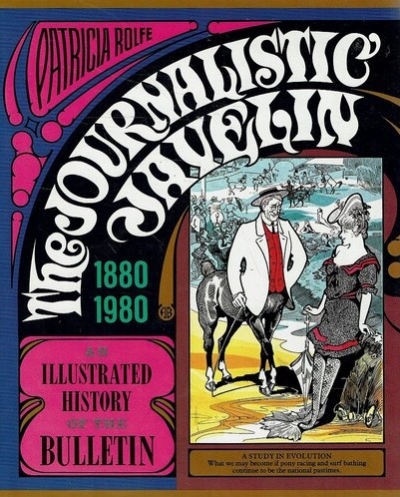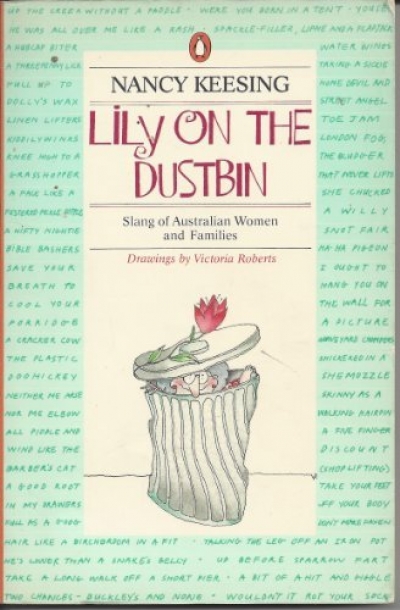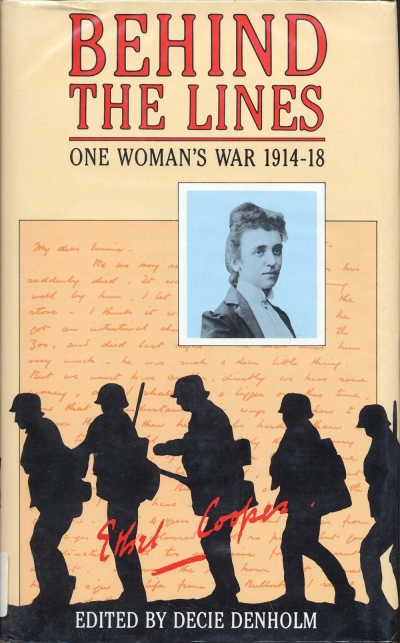Nancy Keesing
The Journalistic Javelin: an illustrated history of the Bulletin by Patricia Rolfe
by Nancy Keesing •
Shallows by Tim Winton & Goodbye Goldilocks by Judith Arthy
by Nancy Keesing •
The World of Norman Lindsay edited by Lin Bloomfield & A Letter From Sydney edited by John Arnold
by Nancy Keesing •
One Continuous Picnic: A history of eating in Australia by Michael Symons
by Nancy Keesing •
Lily on the Dustbin: Slang of Australian women and families by Nancy Keesing
by John Hanrahan •
Behind the Lines: One woman's war 1914–18: The Letters of Caroline Ethel Cooper edited by Decie Denholm
by Nancy Keesing •










